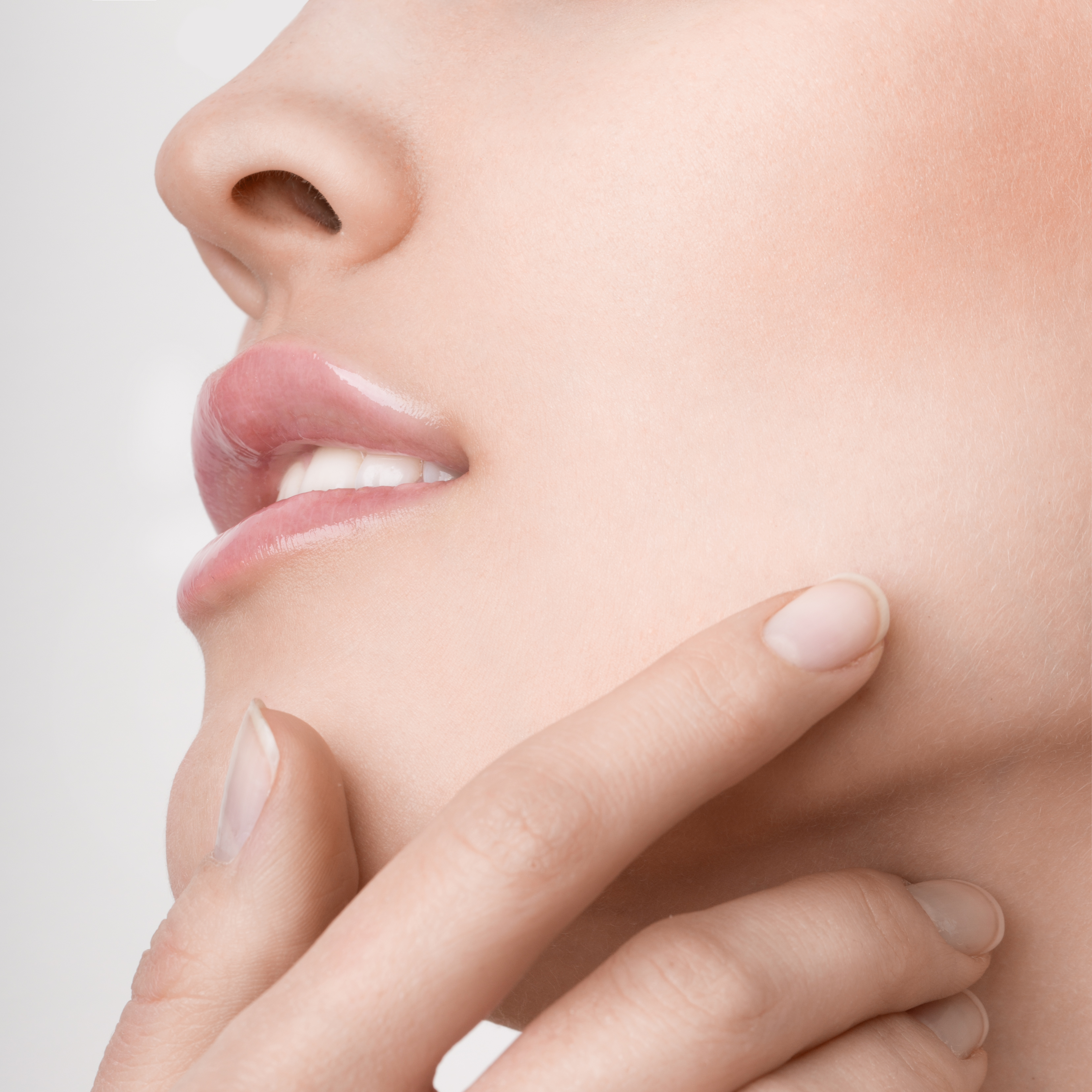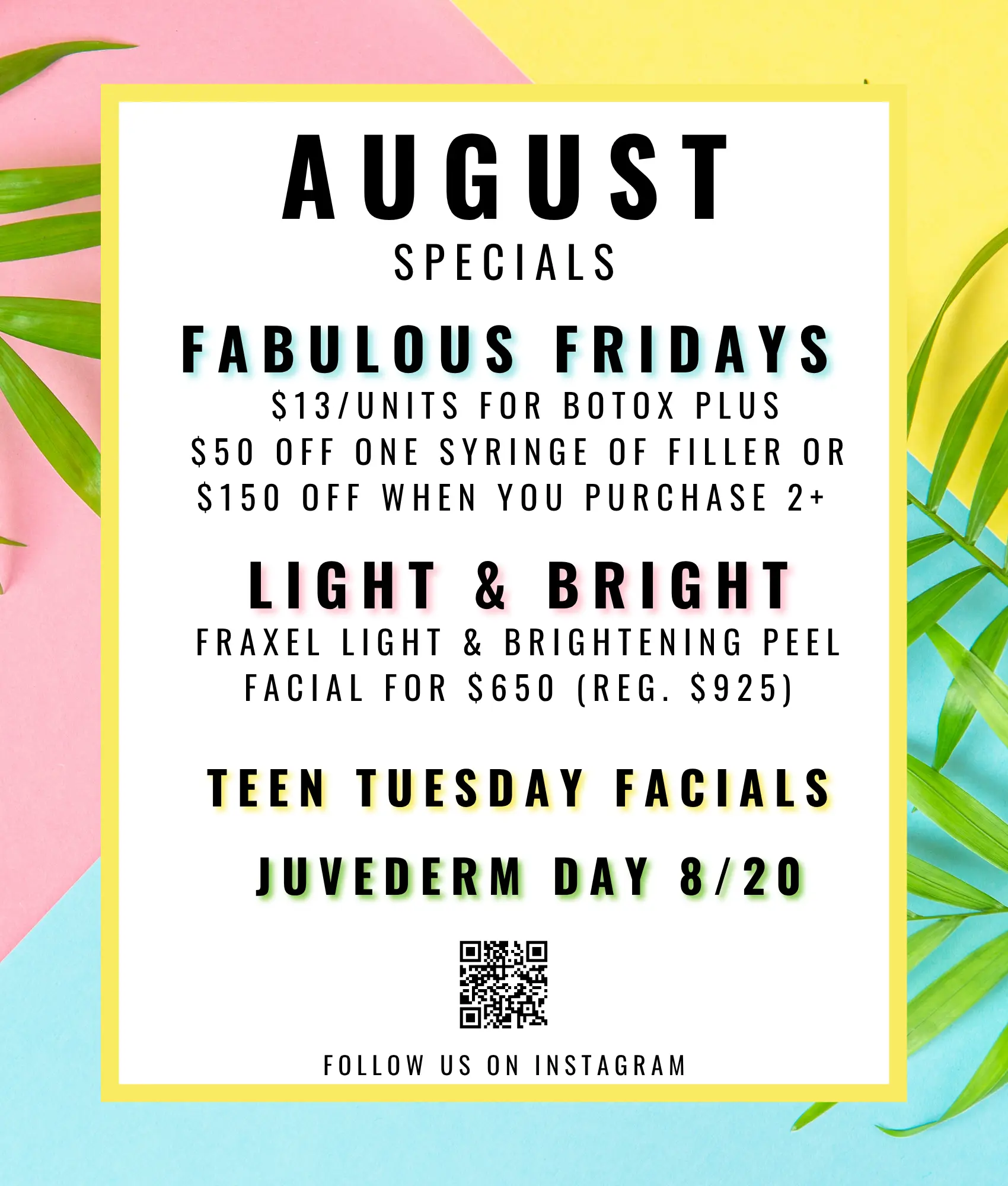 How to Minimize Bruising from Rhinoplasty Surgery?
How to Minimize Bruising from Rhinoplasty Surgery?
Rhinoplasty or nose reshaping surgery ranks among the top five cosmetic surgery procedures performed in the US today. Advanced surgical techniques have made the procedure safer and more effective over the years. However, one of the common concerns that continues to prevail in the minds of many candidates is whether rhinoplasty will cause serious bruising, resulting in prolonged downtime and painful recovery.
The fact is that it is possible to minimize bruising and pave the way for a faster and relatively painless recovery after rhinoplasty. The patient may expect to return to work in about a week when the cast from the nose is removed. Dr. Trang Vo-Nguyen (Dr. V) is a board certified facial plastic surgeon providing rhinoplasty to patients in Chantilly, Northern Virginia, Loudoun County, Fairfax, Prince William, Fauquier, Arlington, Middleburg, Leesburg, Manassas, Warrenton, and surrounding communities.
Operating Surgeon’s Skills
The extent of bruising that may occur following rhinoplasty will largely be determined by the kind of surgical skills that a rhinoplasty surgeon possesses. Bruising in rhinoplasty typically occurs when the surgeon is making cuts in the nasal bones to improve the size or shape of the nose. In this process of making cuts, the periosteum that covers the lower and upper surfaces of the nasal bones may get cut or shredded.
Periosteum is the source of blood supply to the nasal bone, and if it suffers the cuts, it will bleed into the skin beneath the eyes and cheek, resulting in extra bruising and swelling. A skilled plastic surgeon will take the necessary time and care to elevate the periosteum when nasal bones have to be cut.
This will ensure reduced trauma to the periosteum, and bruising will be minimized. Dr. V receives patients from Chantilly, Northern Virginia, Loudoun County, Fairfax, Prince William, Fauquier, Arlington, Middleburg, Leesburg, Manassas, Warrenton, and nearby areas for this procedure.
Other Factors
Some of the individual attributes of a patient will also impact the extent of bruising that may occur following a rhinoplasty:
Age of the Patient
In case of older patients, the blood vessels will be a little more fragile, which is likely to result in slightly higher bruising.
Bleeding Tendency
Patients with a personal or family history of excessive bruising or bleeding in a surgery will be more likely to bruise after a rhinoplasty. The surgeon should look into this aspect at the time of surgical planning.
Use of Blood Thinners
Patients who have been using blood thinning drugs may have a heightened risk of bruising and bleeding during the surgery. The surgeon should account for this situation and discuss with the primary care physician before going ahead with the rhinoplasty.
Patient Tips
The surgeon will advise do’s and don’ts to the patient to prevent excessive bruising. Medications such as aspirin, ibuprofen, and anti-inflammatories should be avoided several weeks before and after the rhinoplasty. Ice packs should be used for about three days on the cheeks after the surgery. The head should be maintained in an elevated state as far as possible for a few days to help minimize bruising.
For more infomation please contact Dr. V. Dr. Trang Thuy Vo-Nguyen, known to her patients as “Dr. V,” is a board certified facial plastic surgeon providing the latest surgical and non-surgical aesthetic procedures in Northern Virginia, Leesburg, Loudoun, Fairfax, Warrenton, Fauquier, Arlington, Manassas, Middleburg, Prince William, and other areas. https://thevirginiainstitute.com/contact-us/


 Non-Surgical Rhinoplasty Using Fillers
Non-Surgical Rhinoplasty Using Fillers Questions to Ask Your Plastic Surgeon before Facelift Surgery
Questions to Ask Your Plastic Surgeon before Facelift Surgery
